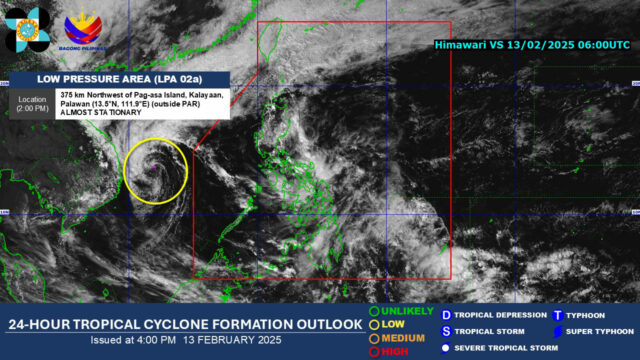Immigration bureau told to hasten deportation of foreign POGO workers
A PHILIPPINE senator on Thursday called on the Bureau of Immigration (BI) to fast-track the deportation of foreign nationals apprehended due to their involvement in Philippine offshore gaming operators (POGOs).
“I’ll give (the BI) a deadline in two weeks do something about it… I want them accounted for and they are deported before the end of the month,” Senator Rafael T. Tulfo told a Senate hearing.
Mr. Tulfo said that the 438 foreign nationals allegedly involved in POGOs should immediately be deported.
BI legal division Chief Arvin Cesar G. Santos said that the agency would comply with the deadline and “submit an official report to the Senate committee.”
According to the Philippine Amusement and Gaming Corporation, there were 42 internet gaming licensees, seven content providers, and 11 support providers that were shut down, as of Dec. 31.
A Senate Committee report, however, found that illegal financial activities and scam hubs have persisted despite moves to outlaw POGOs. The report also said that public officials were also involved in facilitating crimes, from human trafficking to money laundering.
President Ferdinand R. Marcos, Jr. Issued last year an executive order, banning POGOs due to their links to organized crime, such as human trafficking. This is in line with his policy directives during his third State of the Nation Address to shut down POGOs by the end of 2024.
In the same hearing, Senator Mark A. Villar raised concern over the potential involvement of government agencies in running these illegal operations.
“Some of their fake documents were marriage certificates, birth certificates and passports of foreign nationals using Filipino names. These illegal agencies that issue fake documents are sure to have connections with various government agencies,” Mr. Villar added.
He said that these agencies might be accomplices in the issuance of fake documents to foreign POGOs.
“We need to look at the angle that there is an inside job. This is the possible reason for the continued entry of foreign nationals into the Philippines using fake documents,” he added. — Adrian H. Halili









